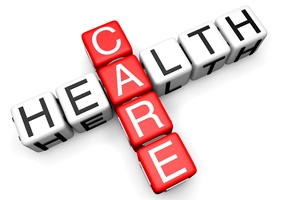
Whether Americans get coverage through employee benefits or buying it on their own, a number of consumers are of the mind that their plans are insufficient for the medical services that they or their family members require, according to a new poll performed by J.D. Power and Associates.
The survey found that just over 40 percent of respondents believed their health policies were lacking in specific types of coverage, such as for routine medical visits, serious illness or injury, health and wellness initiatives, as well as prescription drug coverage. Additionally, more than half – 55 percent – indicated they were also paying more for fewer services, saying that their health costs were higher today compared to last year at the same time.
J.D. Power also reported that close to 50 percent of respondents did not have some of the most basic types of health and wellness programs.
Rick Johnson, senior director of health care practice at the global marketing information services firm, said health plans must meet what their policyholders demand.
"Health plans must look for ways to promptly communicate both pre-approvals and cost in order to minimize member anxiety and mitigate concerns about access to care, ultimately increasing customer satisfaction," said Johnson.
When the Affordable Care Act was signed into law, plans meeting key benchmarks was a core component of the health reform law. Some of these "essential health benefits" that policies are required to have under the law include outpatient care, trips to the emergency room, prenatal services, prescription drug coverage, lab testing and pediatric care, among others, according to HealthCare.gov. These requirements have been delayed for grandfathered policies, however, the U.S. Department of Health and Human Services recently announced.





